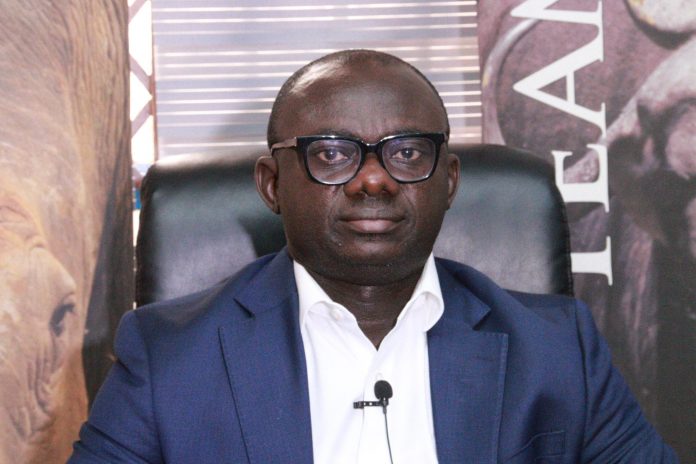A former Chairman of the Association of Oil Marketing Companies in the Republic Of Ghana, Henry Akwaboah, has cautioned that any move by Ghana to aggressively implement a local content law on the downstream sector could dwindle investor confidence in the country.
According to him, if the Government of Ghana fails to revise the intended plan, it may have adverse effects on efforts to attract foreign direct investment into the country.
“We have to remember that all these multinational companies came at a time when Ghanaians did not have the financial resources and the capacity to operate the sector and to me, if many years down the line, you’re now saying to these multinationals or foreign companies that Ghanaians have come of age, therefore, pack bag and baggage and leave the industry, we are setting a bad precedence,” Mr Akwaboah said in an interview with Accra-based Citi News and monitored by energynewsafrica.com.
The National Petroleum Authority (NPA) had earlier indicated a policy to exclusively reserve the importation, distribution and sale of refined petroleum products in Ghana for indigenous companies.
Even though no specific time has been stated for its implementation, the NPA says it would be implemented progressively to allow foreign-owned Bulk Distribution Companies and Oil Marketing Companies to recover the full value of their assets.
However, Mr Akwaboah, a former Manaing Director of Engen Ghana Limited believes that the move might trickle down and negatively impact other sectors of the economy if it isn’t properly managed.
“I think the government has to tread cautiously because this can have a serious backlash for all the foreign direct investment that we’ve been going out to campaign for, not just at the government level but even at our levels as there are discussions about having people invest in the oil sector and other sectors. So we don’t have to send the wrong signal to the rest of the world that when you come and invest in Ghana, some years down the line, you’re going to be asked to leave and give Ghanaians the chance.”
Source: https://energynewsafrica.com
















